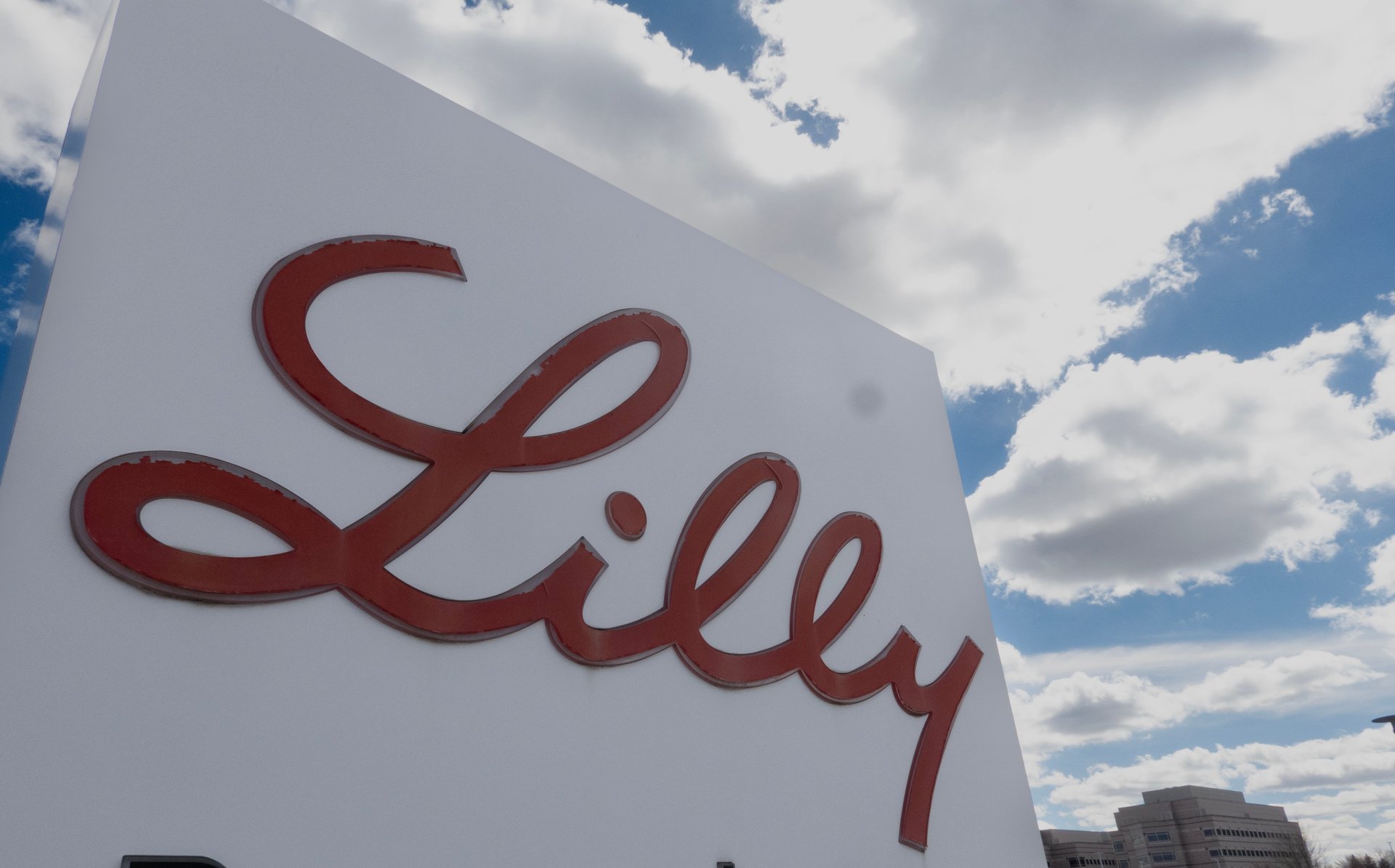Eli Lilly is coming after makers of copycat versions of Zepbound
The pharma giant just sued two compounding pharmacies for making off-brand versions of Zepbound

Eli Lilly (LLY) is taking legal action against makers of off-brand versions of its blockbuster diabetes and weight-loss drugs, Mounjaro and Zepbound.
Suggested Reading
The pharmaceutical giant filed two lawsuits Tuesday morning against compounding pharmacies that it alleges continue to produce and promote unauthorized versions of tirzepatide, the active ingredient in both medications. The lawsuits, filed in federal district courts in New Jersey and Delaware, target Empower Pharmacy and Strive Pharmacy, respectively.
Related Content
Eli Lilly accuses the companies of selling drugs that are not clinically tested nor approved by the Food and Drug Administration (FDA). The company also alleges that the pharmacies falsely advertise their products as personalized while mass-producing them “under the false premise that they are tailor-made for each patient.”
“FDA and a federal court have both made clear that compounders ‘must cease production’ of compounded tirzepatide knockoffs, and anyone continuing to sell mass compounded tirzepatide, including by referring to it as ‘personalized,’ ‘tailored’ or something similar, is breaking the law and deceiving patients,” a Lilly spokesperson told Quartz in an emailed statement. “We will continue to take action to stop these illegal actors and urgently call on regulators and law enforcement to do the same.”
However, Strive Pharmacy’s co-founders, Nate Hill and Mike Walker, strongly pushed back against Lilly’s lawsuit, framing it as a broader attack on personalized medicine.
“This isn’t just an attack on Strive Pharmacy, this is an attack on personalized medicine, patient access, patient choice, and healthcare provider discretion,” Hill and Walker said in a statement. “This is a classic example of Big Pharma overstepping legitimate regulations and prioritizing their own interests over patients’, and the general public is catching on.”
Shaun Noorian, the founder and CEO of Empower Pharmacy, echoed similar concerns, arguing that compounding plays a crucial role in expanding access to medications.
“Patients deserve to know they have choices when it comes to their healthcare, and compounding plays a vital role in expanding access to those options,” Noorian said in a statement. “Restricting access to personalized alternatives to commercial drugs is not in the best interest of patients, which is why we remain committed to offering these life-changing formulations.”
Recent FDA decisions have reshaped the market for compounded, or off-brand, versions of GLP-1 drugs like tirzepatide. Compounding typically involves modifying FDA-approved drugs to meet individual patient needs — such as altering dosages, changing administration methods, or removing allergens. While the FDA generally prohibits compounding drugs that are identical to commercially available medications, an exception is made when a drug is in shortage.
That regulatory loophole has proven lucrative for compounding pharmacies. For example, the telehealth platform Hims & Hers began offering compounded semaglutide — an off-brand version of Ozempic — last May. The company’s total revenue surged 69% last year, reaching $1.5 billion.
Meanwhile, the Outsourcing Facilities Association (OFA) — a trade group representing compounding pharmacies — has sued the FDA twice over its decisions to remove tirzepatide and then semaglutide from its drug shortage list. The group argues that shortages persist and that the FDA’s decision will harm patients by restricting access to more affordable alternatives.
A judge recently ruled in favor of the FDA in the tirzepatide case, and the agency has since clarified its stance on compounded GLP-1 drugs. The FDA said it would begin enforcing regulations against outsourcing facilities producing compounded tirzepatide as soon as March 19.
Eli Lilly has maintained that compounded versions of their medications are unsafe. However, it has strong financial incentive to curb sales of compounded GLP-1s.
Since the FDA approved Zepbound in November 2023, Eli Lilly’s stock has soared more than 40%, pushing its market capitalization above $700 billion.